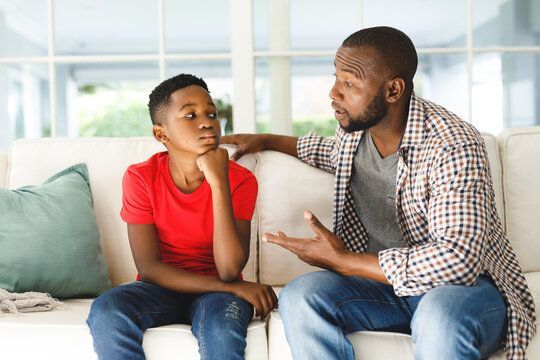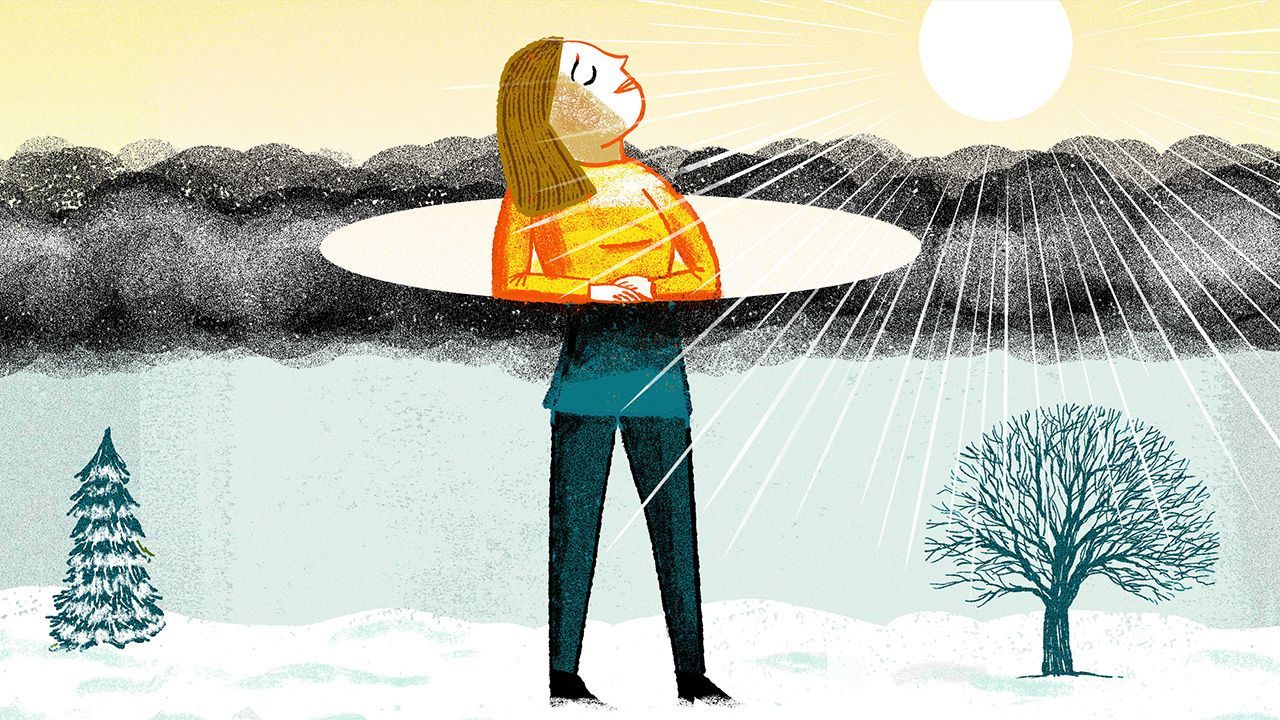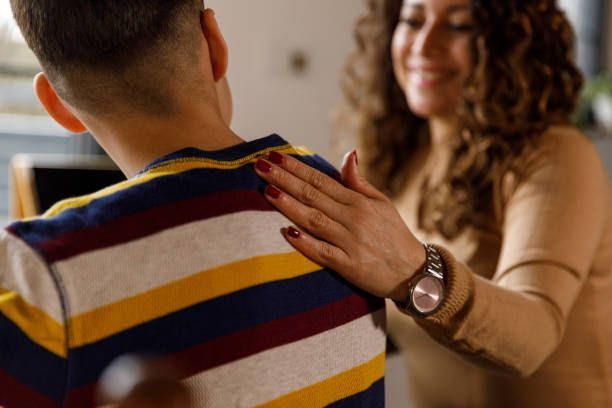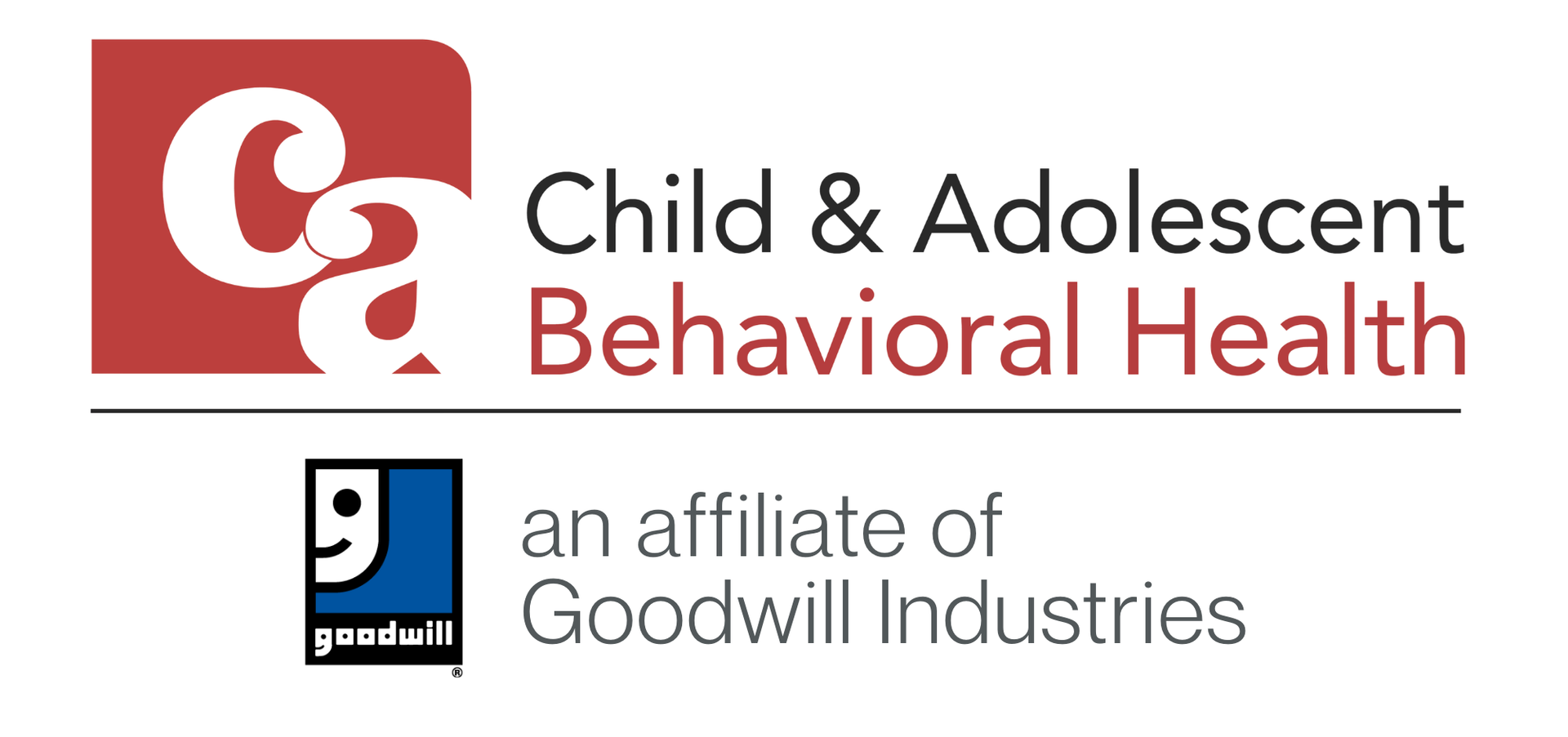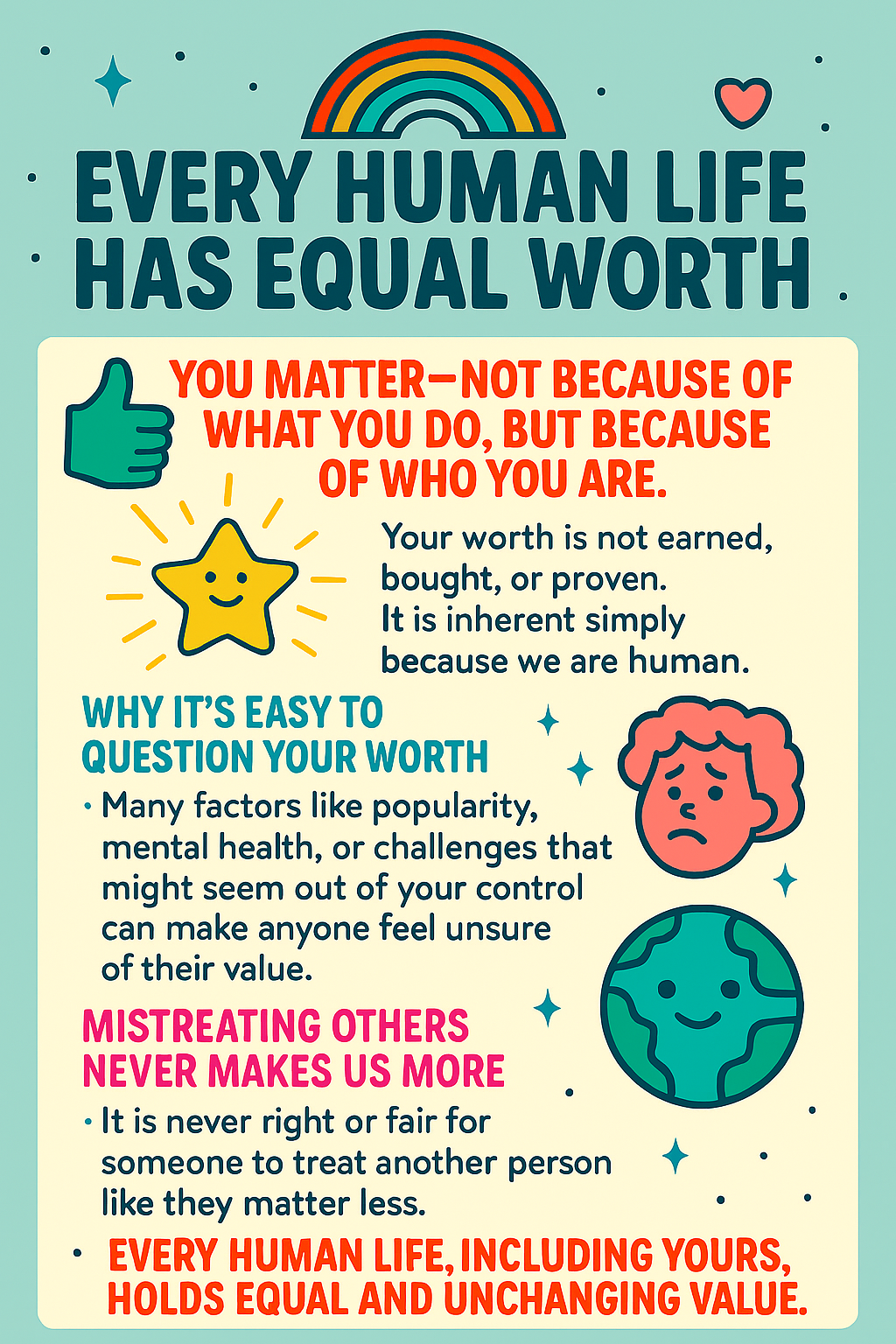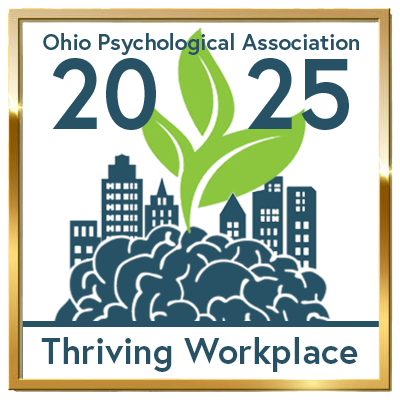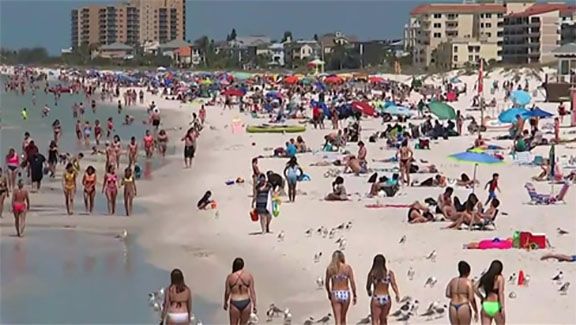
You’ve probably seen the pictures, teens and young adults crowding the beaches in Florida, completely ignoring the warnings about contagion and recommendations for social distancing. What are they thinking?
There isn’t a simple explanation. Teens and young adults aren’t a homogenous group. They don’t all think alike and they don’t all have the same reasons for doing what they do. There are a number of factors and perspectives that contributed to young people behaving the way they do.
- Underestimated Risk – Many young people have a hard time comprehending the reality of the risk posed by COVID-19/coronavirus. They’ve never experienced anything like it. It’s only a virus they argue. In their experience, viruses are a temporary inconvenience but not life threatening, so what’s the big deal?
- I’m Not at Risk – Here is the logic involved in this perspective: The elderly and people with compromised immune systems are the ones dying from this. If I am young and healthy, I must not be at risk. Sure, there’s all that stuff about being a carrier who spreads the virus without showing symptoms, but if I’m mostly around other healthy young people, even if I have it I’m not spreading it to anyone who is going to die from it.
- No Accountability – Many young people have a long history of not being held accountable for their behavior. If they get bad grades it is because the teacher didn’t teach them right. When they blunder their parents have always been there to fix the situation for them. They haven’t been held responsible when they break the rules. Instead they are actually praised for thinking outside the box, marching to the beat of their own drum, or making their own rules.
- The Fundamental Attribution Error – The fundamental attribution error is the tendency to recognize the context that influences our own behavior but to assume that other people’s behavior is a reflection of who they are as a person. In other words, if I get sick it was inevitable and there was nothing I could do to prevent it. If you get sick, you deserve it because you were careless and lazy.
- Entitlement to Go Out and Have Fun –
This is what people my age are supposed to be doing! Everyone else is doing it. If I’m not part of it I’m missing out (fear of missing out, FOMO).
- YOLO - You only live once! This is supposed to be the best part of their lives. If that’s true, then it’s all downhill from here so they have to make the most of every situation before it’s too late.
- Sense of Foreshortened Future – Some young people don’t expect to have a long life. This is especially common among young people who have experienced feeling that their life was in danger. If you’re going to die anyway, why not try to cram as much fun as possible into the time you’ve got left?
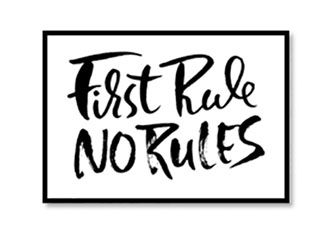
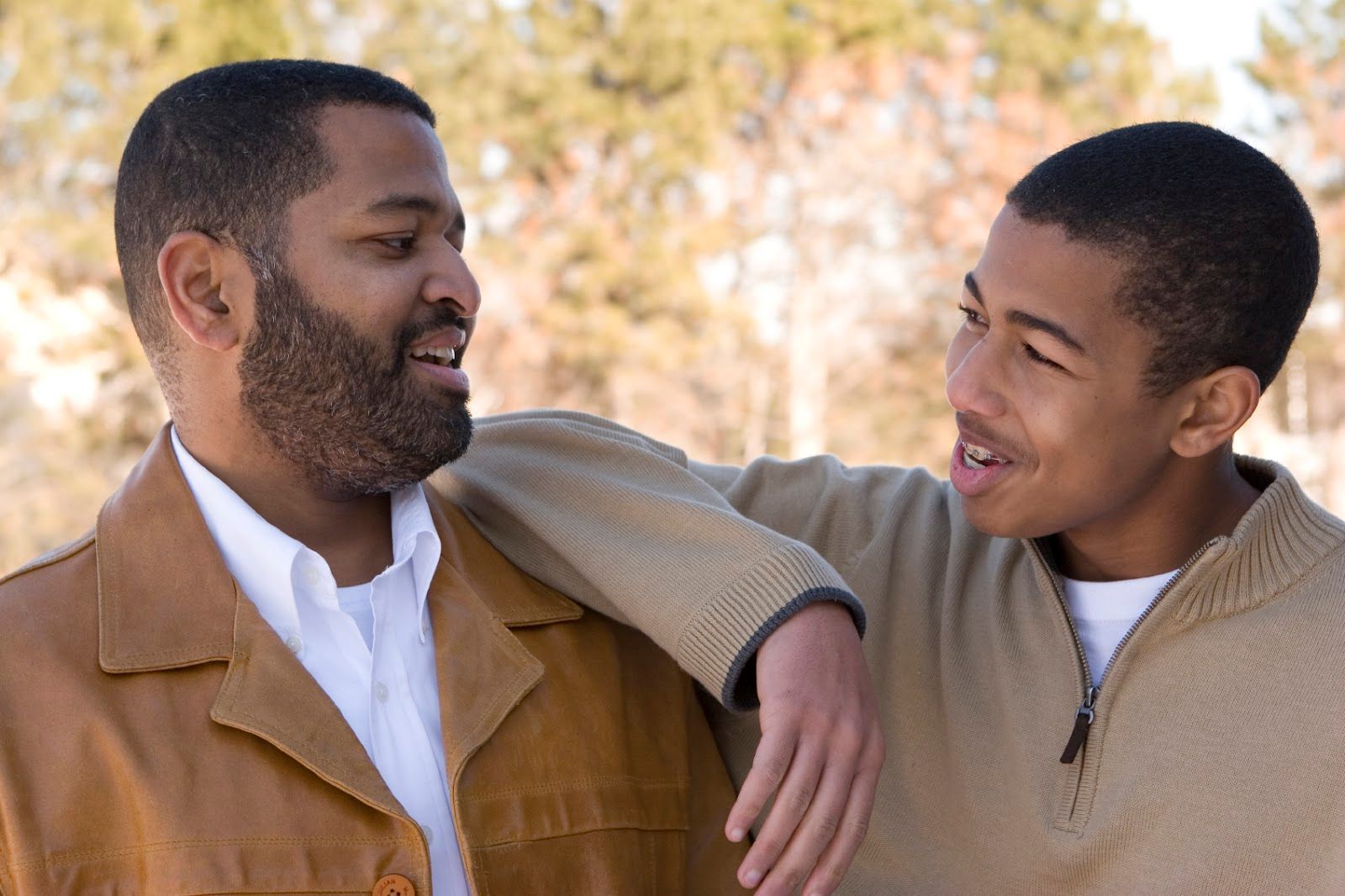
WHAT CAN PARENTS DO TO HELP THEIR TEENAGE AND COLLEGE AGE CHILDREN MAKE SMART CHOICES?
The human brain isn’t fully developed until a person is in their mid- to late- 20’s. That means teens and young adults still need a lot of guidance from their parents. They need you to help them slow down and think things all the way through.
Young people need to know the limits and need to have consequences when they break the rules.
This means their parents have to be willing to be the bad guys and say No when their children want to make poor choices.
It is important to provide teens and young adults with accurate information so that they can make good choices. They may act like they already know everything but they don’t. It is impossible to avoid hearing about the pandemic. Parents need to make sure their children are getting information from credible sources and talk about it together to make sure the young person understands fully.
Young people need guidance to help them empathize with others and recognize the impact that their actions have on others. Humans are naturally self-centered when they are young. They are only aware of their own thoughts, feelings and needs. The capacity to understand things from another person’s perspective develops slowly over time. In times of high stress people tend to regress to more immature, self-centered thinking. They need to be reminded to empathize.
Breaking the rules is a power move. It is a way of taking control in a situation when you feel like you have very little power. Parents can help to remove the need for this by helping their children to recognize what they can control about their lives.
Remember, denial is a coping skill. When feeling confused, afraid and powerless sometimes people who don’t know what else to do will choose to act like the problem doesn’t exist at all, or at least not in any way relevant to their lives. This behavior is an attempt to escape from situations they don’t know how to handle. Parents who recognize this will be better prepared to respond to their children with patience and compassion.
If you or if you know of anyone who struggling with a mental health issue, please contact C&A at 330-433-6075. Child and Adolescent Behavioral Health's Trauma Therapy Program Mary Kreitz is the author of this post.
RECENT POSTS

